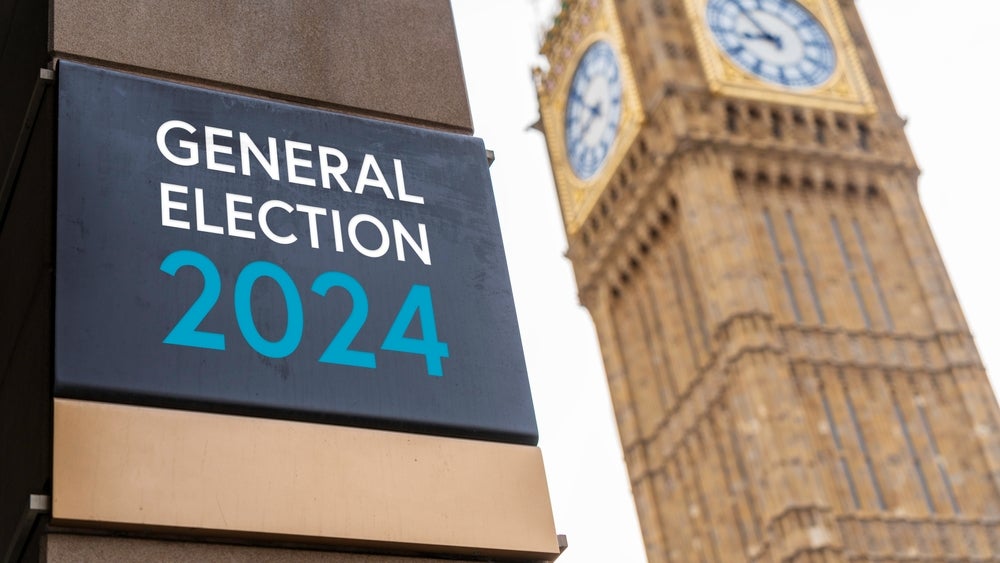A circular economy is seen as an alternative to the traditional linear economy of taking, making and disposing, and offers business leaders and government opportunities of long-term growth.
The goal of a circular economy is to minimise waste and to extract the maximum value out of the recovered resources after the end of their service life.
According to the Ellen MacArther Foundation, transitioning into a circular economy requires a cross industry, and multi-disciplinary approach that would ultimately bring new opportunities for innovation, growth and resilience.
Leonie Schreve, head of sustainable finance at ING, said: “In a circular economy, products and their components and materials are recycled as efficiently as possible so that their value is maintained, or even enhanced.
“This does not only reduce the raw materials needed for products, it also saves money. But moving to a real circular economy is not only about sharing or recycling. We also have to design, sell, value, treat risk and finance differently.”
Benefits of a circular economy
In a 2015 report by Growth Within, transitioning to a circular economy in Europe could add €900 billion to GDP by 2030, increase household income by €3,000 a year, and halve carbon dioxide emissions compared with current levels.
How well do you really know your competitors?
Access the most comprehensive Company Profiles on the market, powered by GlobalData. Save hours of research. Gain competitive edge.

Thank you!
Your download email will arrive shortly
Not ready to buy yet? Download a free sample
We are confident about the unique quality of our Company Profiles. However, we want you to make the most beneficial decision for your business, so we offer a free sample that you can download by submitting the below form
By GlobalDataThe EU Commission employed the proposition of a circular economy package in July 2014, with hopes of reconciling economic growth along with environmental benefits.
In a recent interview on French television, Pascal Layan, deputy chief executive of BNP Paribas LS, discussed societal shifts towards a circular economy and its benefits. He said: “With a smartphone, a few years ago we threw them away once the technology became obsolete. Today, there is a huge market for resale, and it is a market which makes it possible to remarket it for a second life.
“Another thing that is very interesting, is that it allows us to integrate the value of resale of the asset in the original price of the lease. So, the customer will actually benefit from our ability to reconfigure the material and offer it to another client.”
According to Layan, for a smart phone that has been used for three or four years, in 98% of cases BNP Paribas Leasing Solutions is able to reconfigure and find a second life for the equipment. The company also has partners who will recycle raw martials and reinject them eventually into the circuit.
Policymakers in Europe have made it an increasing priority to transition from an economy of extraction and consumption to that of regeneration and restoration. Countries including Finland, France, Germany, Italy, the Netherlands and Slovenia have taken the lead, each outlining circular economy agendas.
Alexander Stubb, EIB vice president, said: “The development of a more circular economy in the EU will help to reduce our dependency on imported raw materials.
“It has enormous potential for creating a sustainable and competitive advantage for Europe.”







